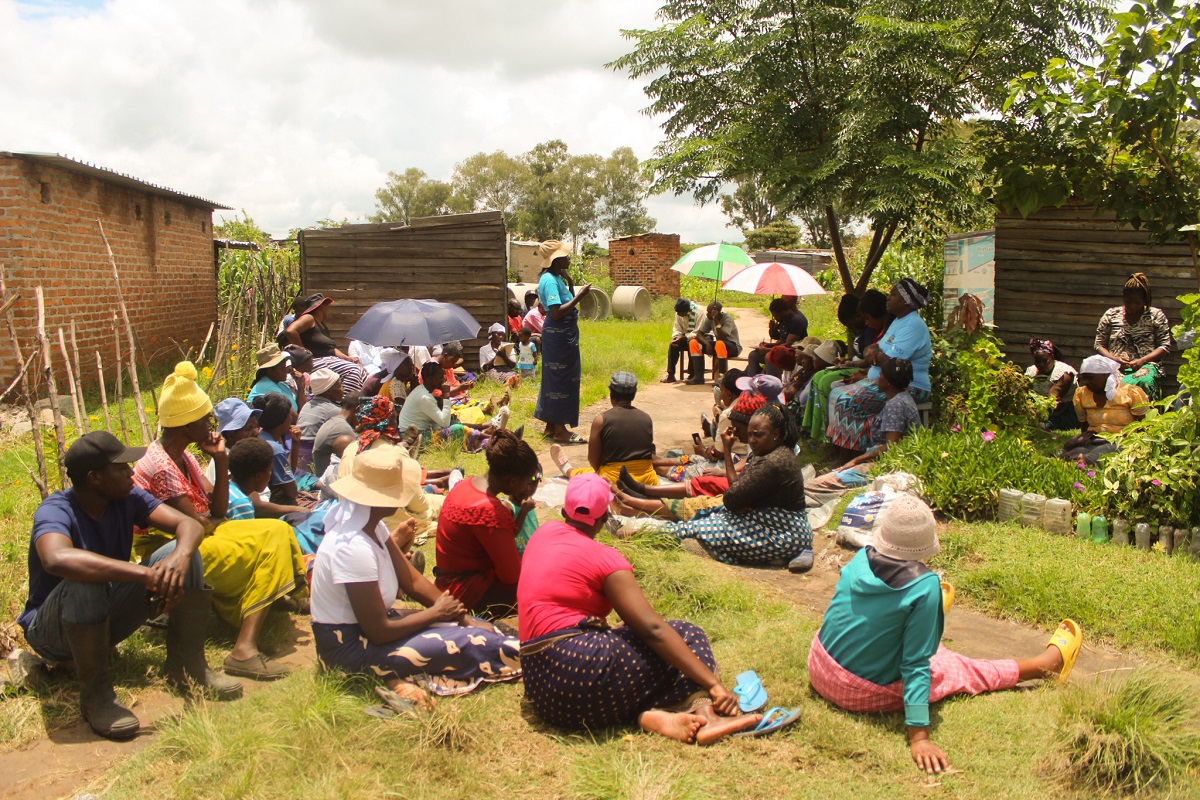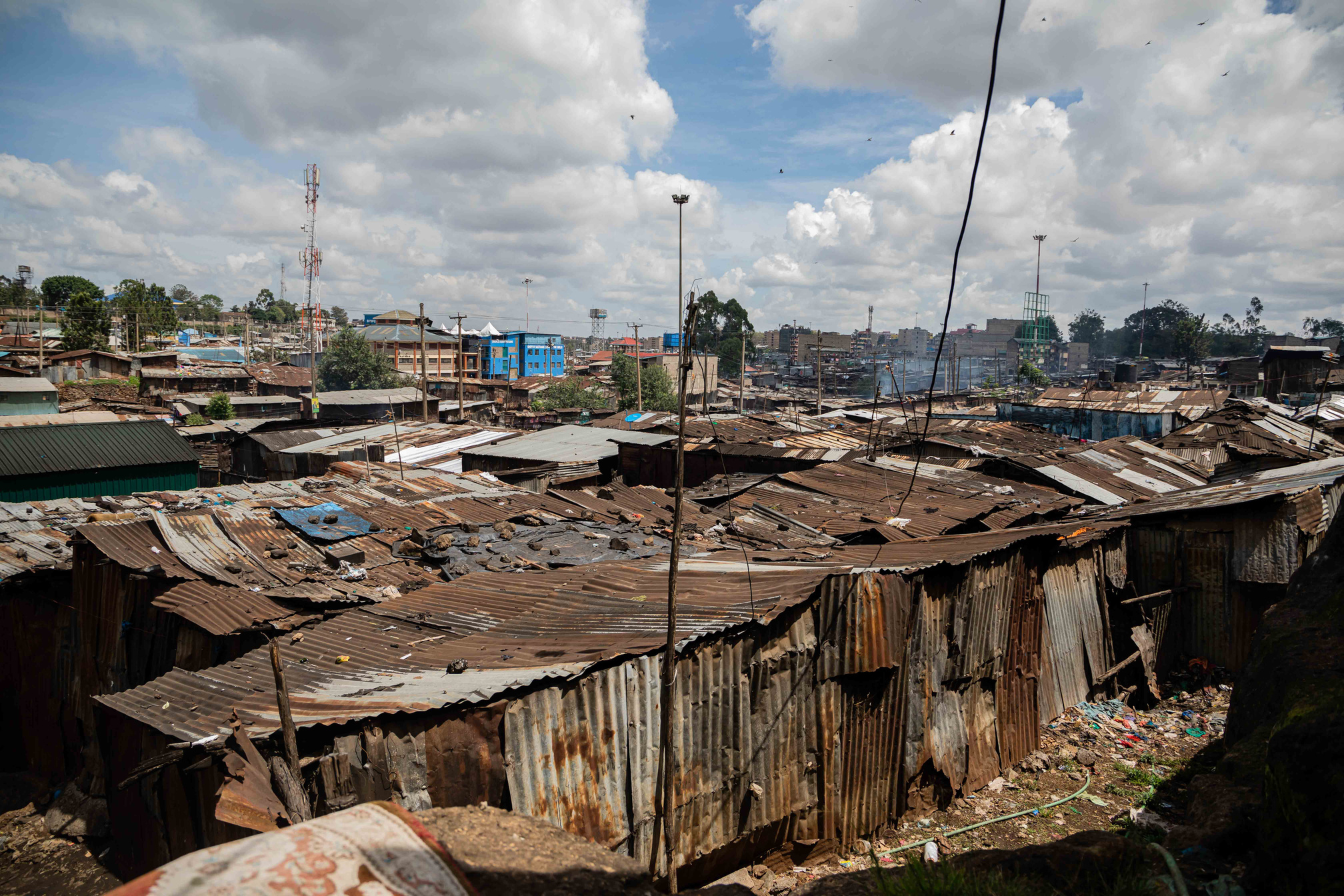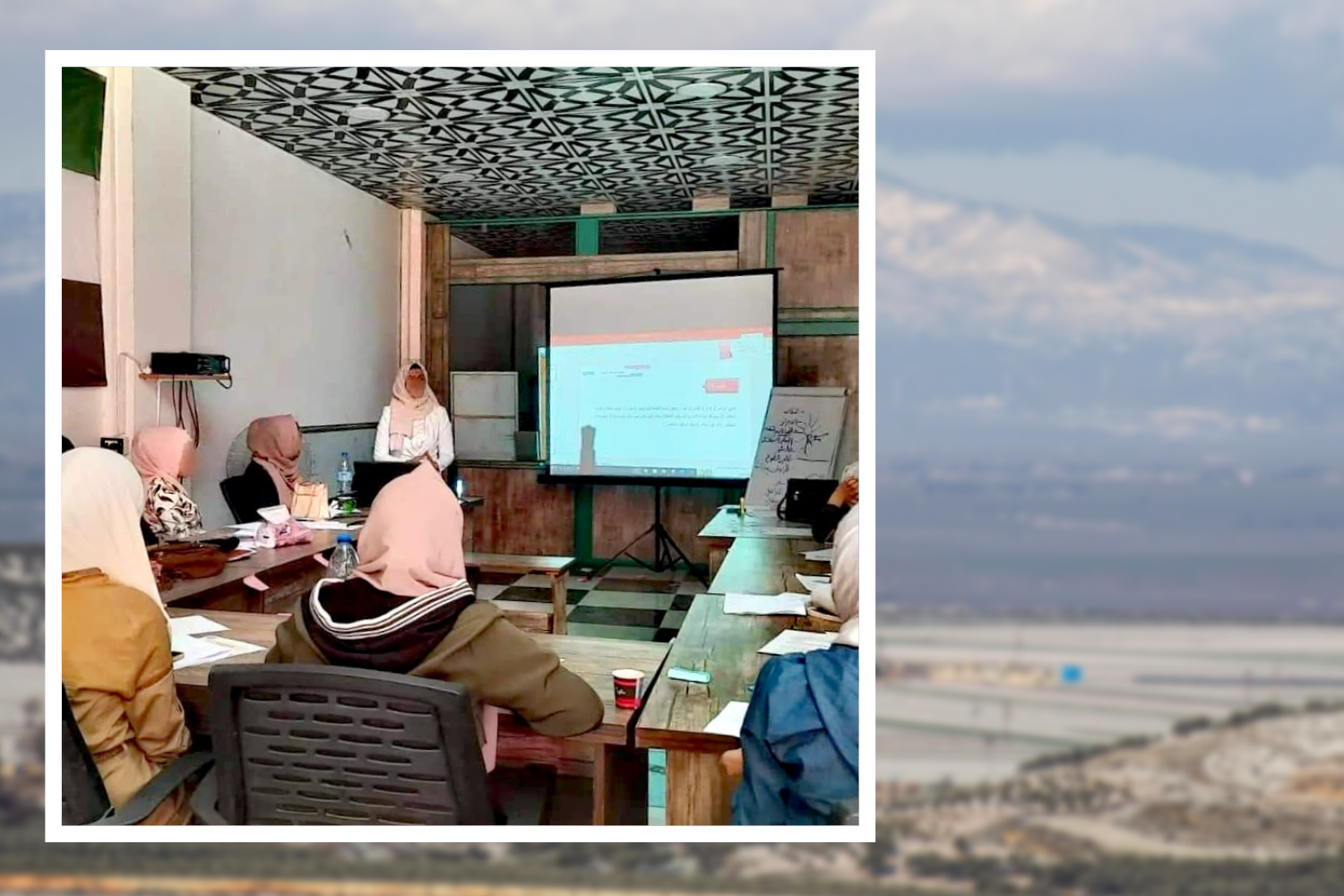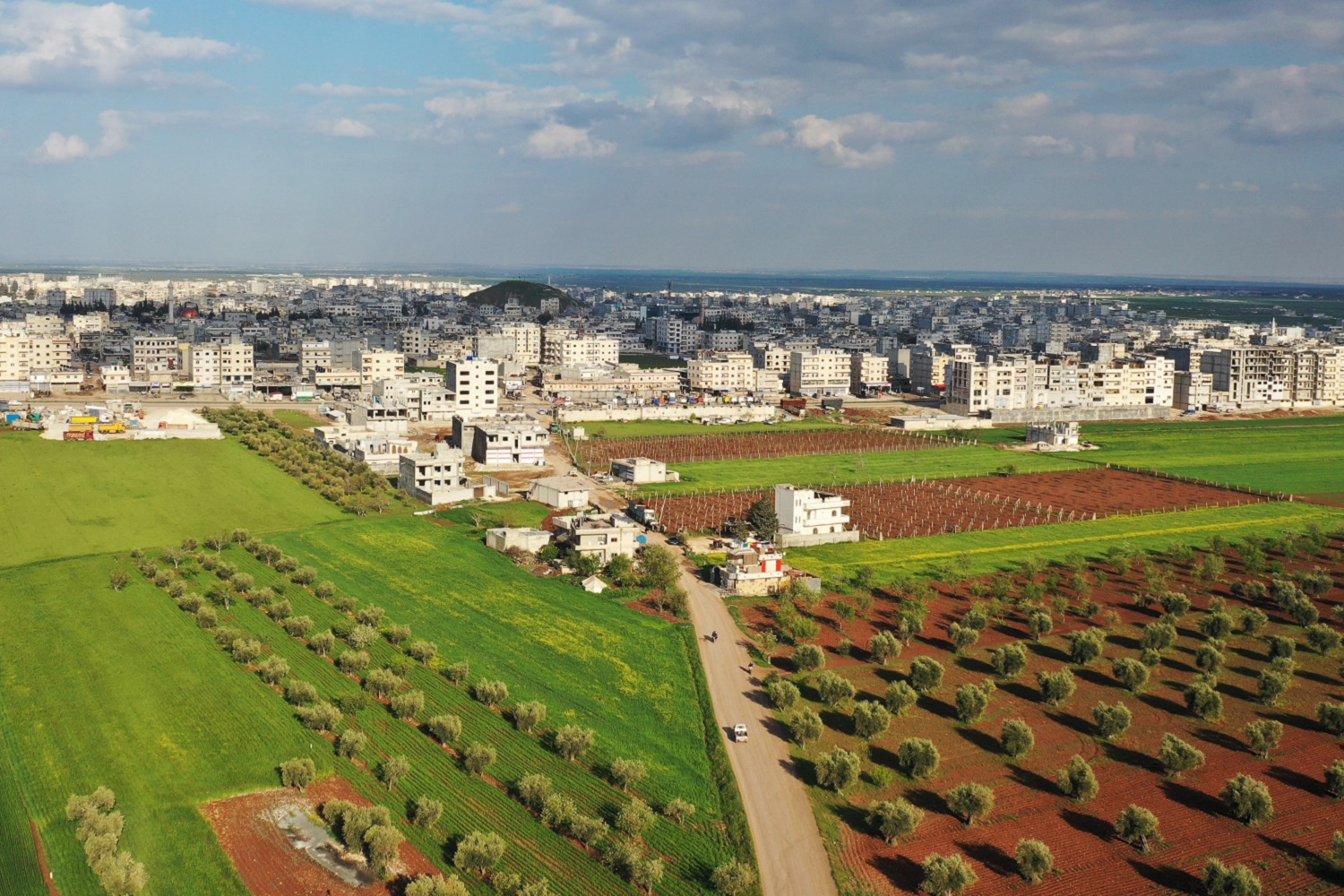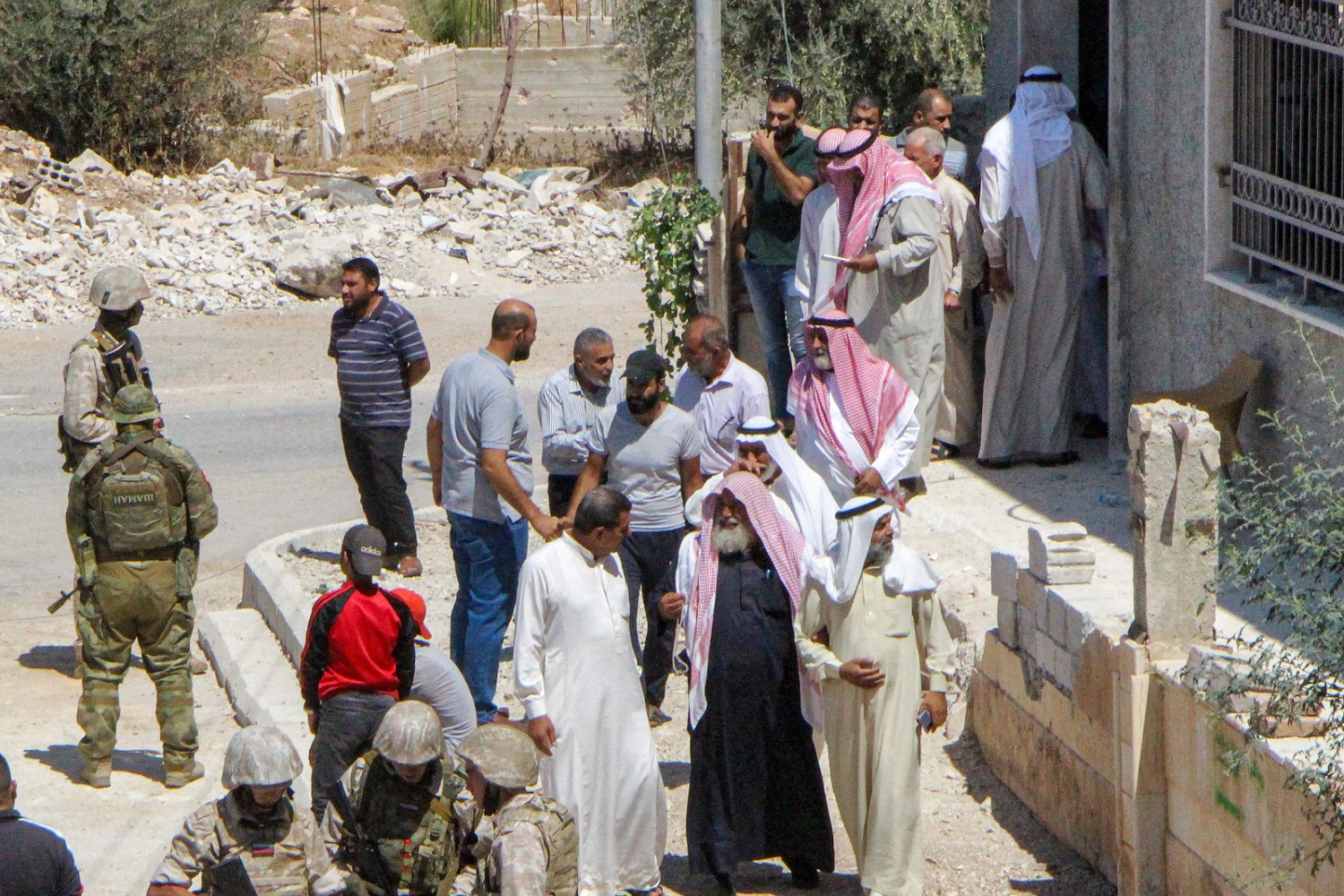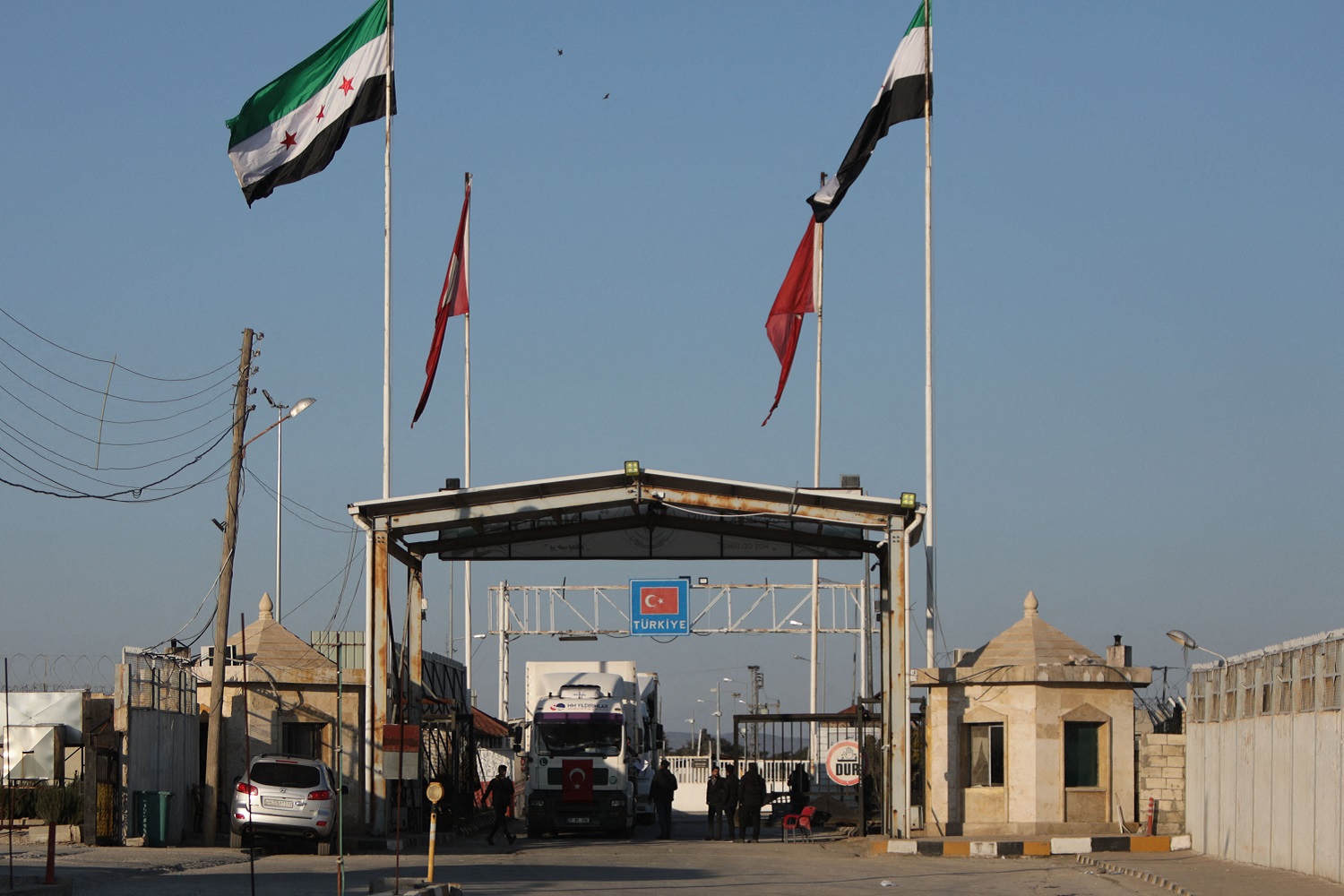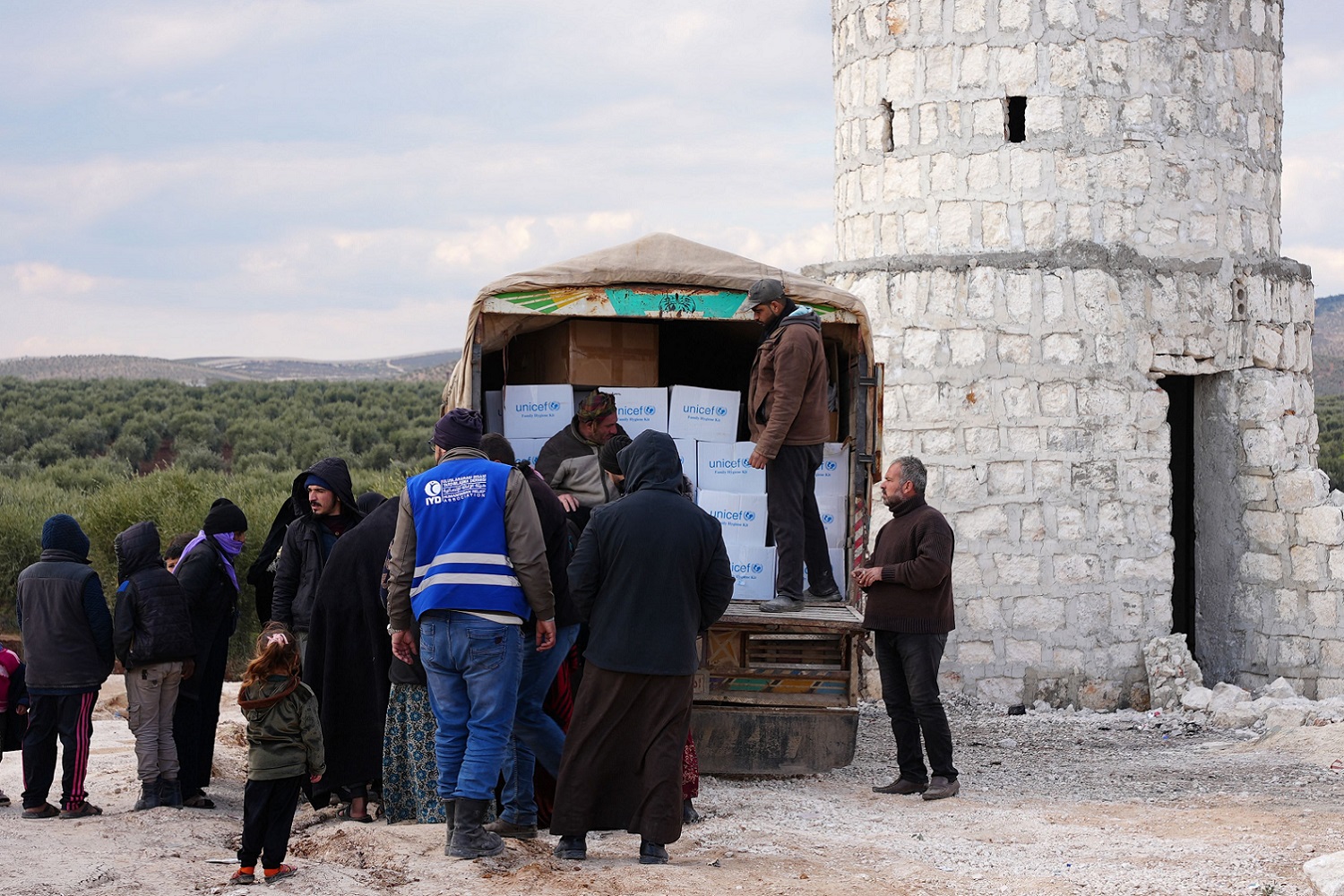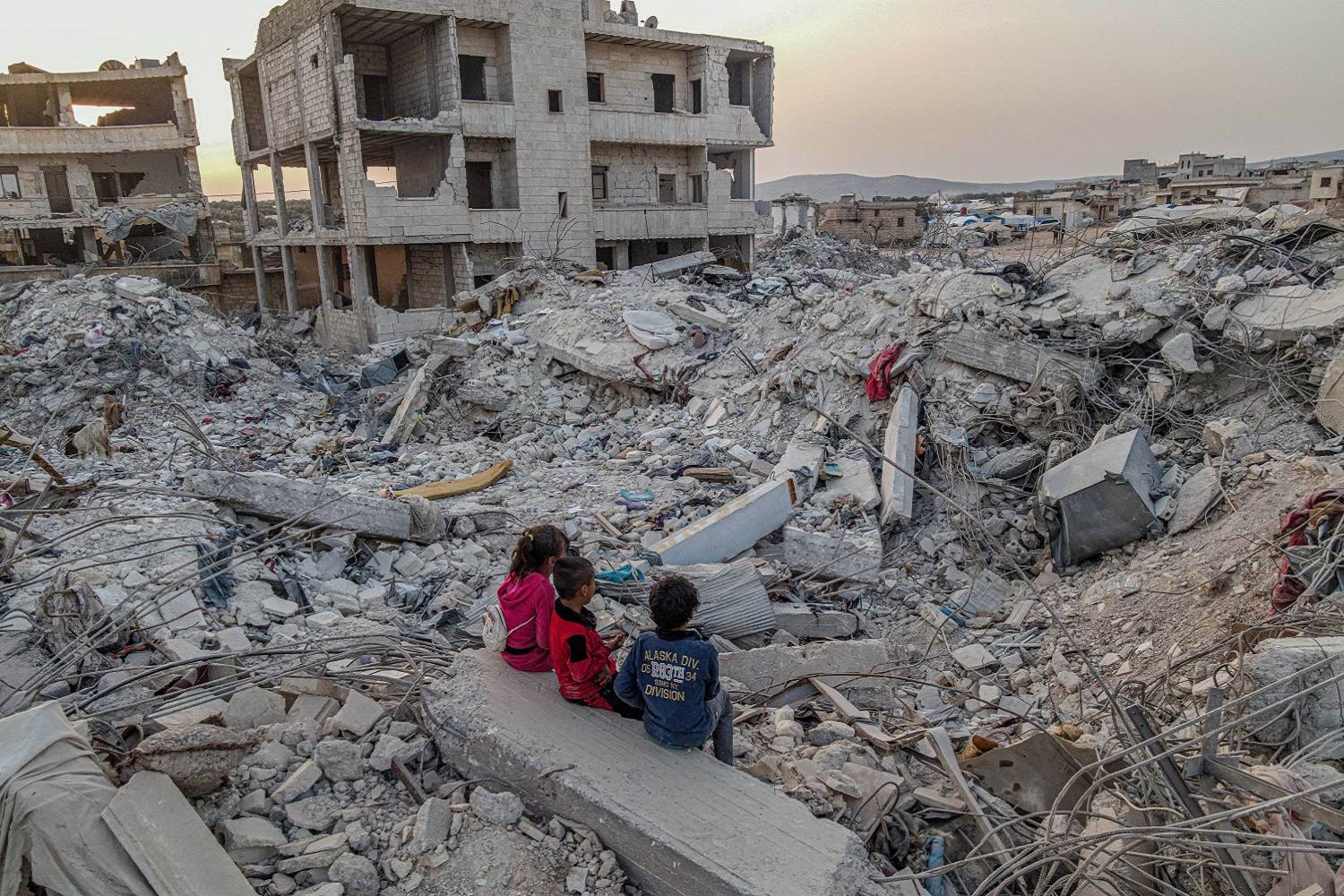From early in the Covid-19 pandemic, global inequalities compromised the success of local vaccine rollouts in the global South. At the same time, it remains important to understand contextually-specific processes […]
Blogs
Read about the latest research and analysis from the Collective.
African cities in the wake of Covid-19: Impacts and grassroots responses in Harare, Kampala, Lilongwe and Nairobi
Covid-19’s socioeconomic, health and political aftershocks are still reverberating in African informal settlements. As Covid intersected with cost-of-living crises, many informal workers’ incomes declined markedly. Access to emergency relief and […]
The power of the collective: Lessons for research partnerships
In the middle of the Covid-19 pandemic and its associated massive upheaval, what enabled research findings to influence policy in real-time? What kind of funding and partnership model could support […]
Vaccine hesitancy among informal workers: Gendered geographies of informality in Lahore
What is the relationship between trust in the state and vaccine hesitancy among a marginalized sub-population? This article explores attitudes towards COVID-19 vaccination programmes of informal workers in the context […]
Collaborating to build resilient communities: Lessons from the Covid-19 pandemic in Harare
The Covid-19 pandemic has highlighted and exacerbated inequalities in cities, with lasting impacts over time. Although governments, NGOs and the private sector delivered some relief, many low-income residents of informal […]
Cultivating change through creativity: Capturing Covid-19 experiences in Nairobi
The Covid-19 pandemic significantly affected marginalised communities worldwide, and there were especially profound impacts upon the economic, social and health conditions of informal settlement residents. Communities living in informal settlements, […]
The Syrian conflict and the loss of national identity
Areefa Abdel Hamid al-Mousa discusses the impact of decades of authoritarian practices and of the conflict that rages since 2011 on Syrian identity(ies). It is based on research activity conducted in the spring […]
The impact of community leaders on social peace in Northern Syria
Since northwest Syria slipped away from the control of the Syrian regime at the beginning of the conflict, opposition military authorities have assumed a central role in the administrative and decision-making process in the region. This in turn has greatly constrained the […]
Why the Daraa reconciliation agreement cannot build peace
Five years have passed since Russia mediated a reconciliation agreement in Daraa, southwestern Syria, resulting in the Syrian regime retaking control of border crossings and state institutions throughout the region. […]
Negotiating humanitarian aid with armed groups: Humanitarian imperative or red line?
In 2006, the United Nations (UN) published a Manual on Humanitarian Negotiations with Armed Groups in response to the absence of a structured approach to these practices. The message conveyed in the […]
Humanitarian aid and peace in Syria: An intricate relationship
Humanitarian action is not a diplomatic tool; rather, its main objectives are to save lives, alleviate suffering, maintain dignity, and reduce vulnerability during and in the aftermath of crises. However, in practice, the relationship between humanitarian action and peace […]
Syria and the politics of the earthquakes
In February 2023, the border areas between Turkey and Syria were hit by a series of devastating earthquakes that triggered yet another humanitarian emergency in lands that already bear the […]
